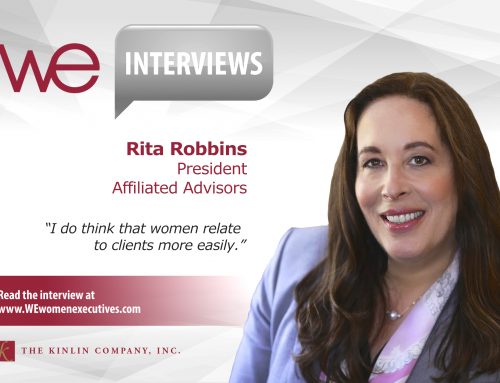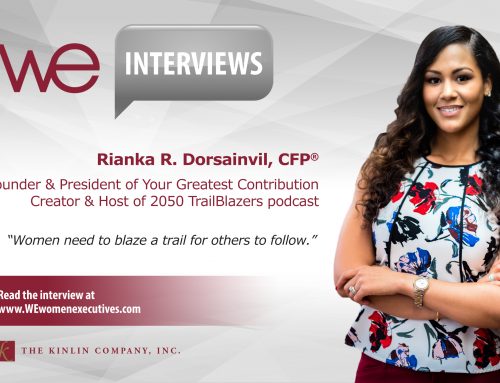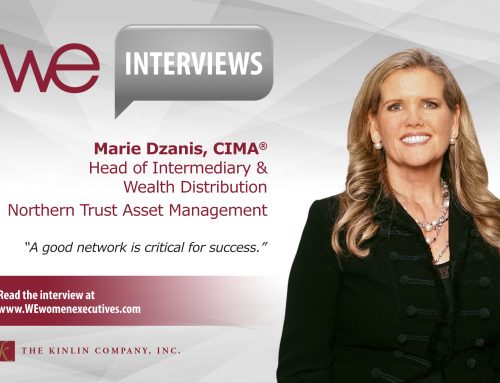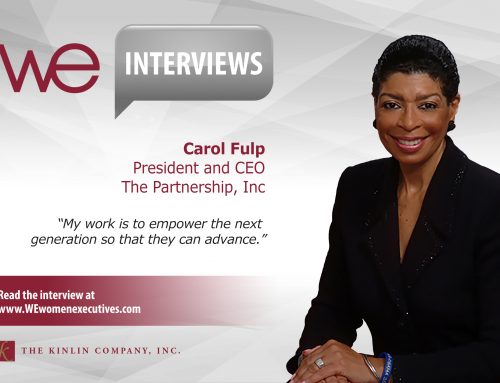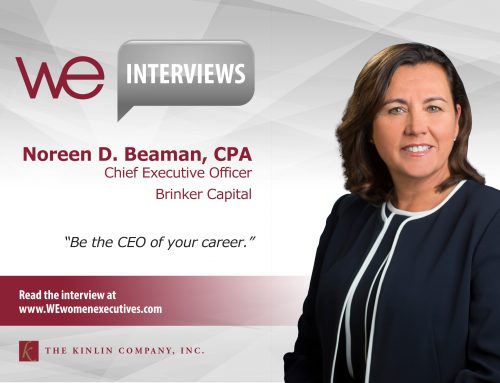 Jacki Zehner
Jacki Zehner
CEO
Women Moving Millions
Jacki Zehner’s backstory is well-known in financial circles. As a young professional, she made history in 1996 when she became the youngest woman and first female trader to be invited into the partnership of Goldman Sachs. Zehner spent the lion’s share of her time with the firm in mortgage-backed trading and concluded her career at Goldman with two years in the executive suite. There Zehner worked directly for the firm’s principals on human capital management matters, focusing on Goldman’s managing director populations.
After leaving the firm in 2002, Zehner continued to blaze a path for women in finance, first as a Founding Partner of Circle Financial Group, a private wealth management group comprised of women committed to effectively managing their families’ assets and philanthropic activities, and later as head of her own consulting firm in Park City, Utah.
For the past decade Zehner has served as President of The Jacquelyn and Gregory Zehner Foundation, and since 2009 she has been an active member of Women Moving Millions, a 2006 initiative launched by sisters Helen LaKelly Hunt of New York City and former U.S. Ambassador to Austria Swanee Hunt of Boston to “raise the bar on women’s giving.” In 2012, Zehner was named the organization’s first full-time CEO. As such, she is committed to leading the organization as it seeks to mobilize unprecedented resources for the advancement of women and girls.
I had the pleasure of hearing Zehner deliver the keynote speech at The Boston Club in May, 2013 and was incredibly energized by her message. Eager to learn more about her background and her mission, I arranged to meet with her while she was visiting New York for a Women Moving Millions board meeting and annual summit.
In Part One of our interview, Zehner discussed her experiences as one of the few women in the upper echelons of finance and offered insight into what prepared her for her future roles.
Building Trust to Succeed
I began my conversation with Zehner by asking why she thought she had realized such success as a woman in an asset management firm, especially in trading, at a time when there were not many women in the field.
“I think, bottom line, I made a great risk-adjusted return,” Zehner observes. “It’s as simple as that. Trading, making markets while making money, is really challenging. As a trader, I had to have the best product at the best price and curate what was in my ‘store’ to earn people’s trust, much like my father did as a grocer. I was effectively a grocer in mortgage-backed securities. I really understood my market. I bought securities at good prices. I had a good reputation with my clients. They liked me, and they liked to do business with me. I was really good at my job.”
The Sweet Spot between Commercial & Cultural
Being an expert in her trading area served Zehner well, but it was not the only quality that enabled her to attain the partnership at Goldman. She realized innately that if she wished to succeed at the highest levels, she would need to exhibit excellence in every aspect of her career.
“Goldman is interesting in that they take a Six Sigma kind of approach to performance measurement,” Zehner observes. “Everyone is evaluated from a performance metrics point of view in terms of commerciality and contributions to the firm’s culture. For example, ‘Do other people like you?’ ‘Are you a hands-up kind of person?’ For Goldman, a perfect candidate is someone who was high on both commercial skills and cultural skills.
“And that’s where I was,” Zehner continues. “I was in that fourth quadrant of high commercial, high culture. And if you were both, generally speaking, you accelerated very fast in your career.
And I think that’s what separated Goldman from a lot of its competitors. I think the management—which I was honored to be a part of later on in my career—truly tried to achieve that balance.”
Be the Best That You Can Be
While Zehner attributes a measure of her success to knowing her business inside and out and working collaboratively with her co-workers, she also told me that she learned a number of valuable lessons from Goldman mentors, Mike Mortara and John Thain, both very senior leaders of the firm.
“Mike didn’t try to change me or fix me,” Zehner observes. “He tried to help me be the best that I could be. When I screwed up, Mike asked, ‘What can we learn from this?’ He had faith in me and in my talent. And John Thain was the same way. I was not afraid to be myself with either of them. I have a big personality, and they loved that. Sometimes they’d have to rein me in, but they allowed me to behave authentically and be as fearless and passionate as I am.”
Zehner now employs the same strategy with the people she manages. “I think you can develop talent, but you can’t really develop character. If people have talent and are willing to accept feedback, they can be successful.”
Push to Create the Culture You Desire
I next asked Zehner what advice she might give to women starting off in their career or perhaps trying to progress in their career in spite of roadblocks.
“For those women just beginning their careers, I actually think the advice that Sheryl Sandberg offers in her book is very good–lean in, don’t lean out. Ask for opportunities. And if your current organization doesn’t respond or keeps pushing you out, then it’s time to find a different organization.
“You have to be super confident,” Zehner asserts. “If you’re confident in yourself, don’t be afraid to leave. You should be aggressively pushing to create the culture that you want to work in, assuming it’s a good one. And if you reach the point where you feel as though you’re just banging you’re head against the wall, despite doing a good job, move on.”
Zehner also told me that she’d like to see more of a ‘sisterhood callout’ in the senior level of management. “I’ve seen a lot of women achieving success yet not wanting to champion other women. They don’t want to be labeled a woman, especially a successful woman, and then have to be a poster child for that. I’ve had experiences with women who have gone out of their way to disassociate themselves with being a woman, especially at a senior level, because they think it would marginalize them or cause people to say, ‘She was promoted because she’s a woman.’ I think that’s so incredibly damaging. So I hope senior women step up and that their firm’s leaders hold them accountable for doing so. And reward them! You can be a successful woman and at the same time be willing to champion and callout institutional barriers and other things.”
It’s Harder than You Think
I asked Zehner if there were anything that she wished she had known before getting started in the business.
“I never expected it to be easy, but I also never expected it to be as hard as it was,” she observes. “Working in financial services is tough. It takes a deep commitment of time and energy.”
Achieving the work-life balance is a constant juggling act, she admits. “I don’t think people are evil,” she asserts. “I don’t think there’s a conspiracy against women in finance. I think it’s more that people don’t know what they don’t know. Bias has moved from being much more conscious to more sub-conscious. Organizations must make a commitment to achieving both commercial success and cultural success, creating an environment where people love to work and can also be successful financially. As a manager, it’s important to think about commercial success relative to culture and always be mindful that if you lean too hard on that commercial edge, without thought to culture, you will ultimately fail. It may take a while, but you will. Good people want to work at good firms.”

